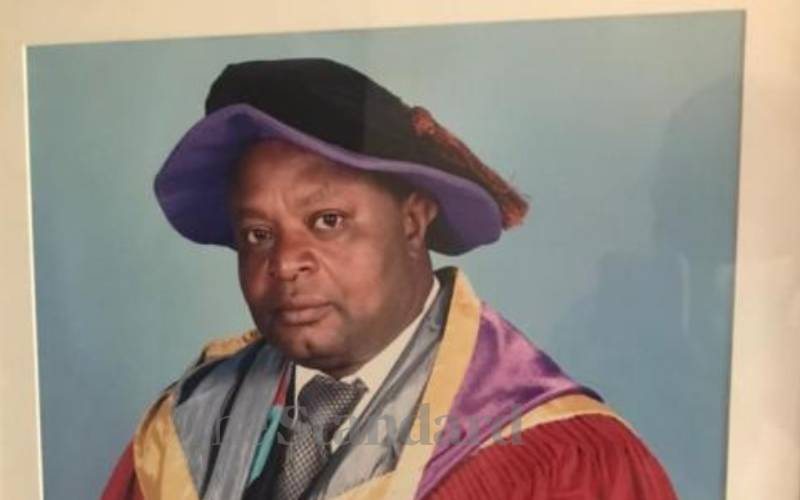×
The Standard e-Paper
Smart Minds Choose Us

Dr Khasakhala and his wife Margaret contracted Covid in March 2021. [David Njaaga, Standard]
Senior Counsel and chair of the Senate Legal Affairs Committee Okong’o Mogeni says the matter of hospitals detaining bodies over hospital bills is long settled in law as illegal and hospitals should comply.